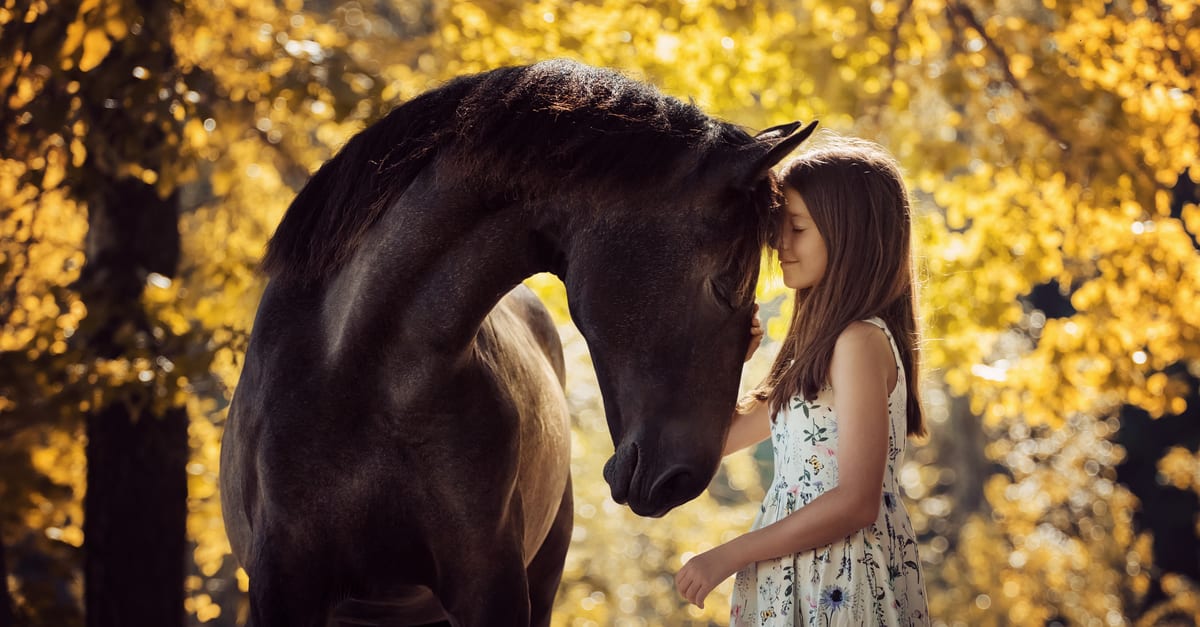In the world of equestrian sports and recreational riding, the bond between horse and rider is often celebrated as a near-magical connection. But what underpins this powerful bond? Delving into the psychology of horse-rider relationships, one quickly realizes that building a successful partnership goes beyond basic training and care routines. This article aims to explore the psychology behind horse-rider bonding, highlighting actionable tips for cultivating a deep and mutually beneficial relationship.
Emotional Intelligence: A Two-Way Street
Emotional intelligence isn’t limited to human interactions; it’s equally important in the horse-rider relationship. Horses are sensitive creatures, capable of detecting human emotions such as tension, nervousness, or joy. Likewise, an experienced rider can intuit a horse’s mood based on subtle cues like body language and vocalization. Being emotionally attuned to each other fosters trust and understanding, essential elements in a successful partnership.
The Role of Positive Reinforcement
Central to animal psychology is the concept of positive reinforcement. Rewarding your horse for desired behavior not only encourages repetition of that behavior but also strengthens the emotional bond. Whether it’s a pat, verbal praise, or a treat, positive reinforcement enhances the horse’s motivation and receptiveness to training.
Communication: Beyond Verbal Cues
While verbal commands are commonly used in training, horses primarily rely on non-verbal cues. Mastery over body language, pressure, and release techniques are vital for effective communication. Understanding the psychology of how horses perceive and respond to these signals is crucial for a harmonious horse-rider relationship.
Social Structure and Hierarchies
Horses are herd animals by nature, accustomed to social structures and hierarchies. When you engage in horseback riding, you essentially become a part of your horse’s ‘herd.’ Establishing yourself as a trustworthy leader, through consistent and fair interactions, helps the horse feel secure and more willing to cooperate.
Consistency is Key
Psychologically, both horses and humans find comfort in predictability. Consistent training routines, care schedules, and riding styles make it easier for the horse to understand what is expected, thereby reducing stress and increasing performance levels.
Building Trust through Time and Patience
Trust is a cornerstone in the psychology of horse-rider bonding. Spending quality time with your horse—grooming, feeding, or simply hanging out in the stable—creates opportunities for mutual trust to flourish. The more time spent together, the stronger the bond that develops.
Mindfulness and Self-Awareness
Being mindful of your own mental state and body language is crucial when building a relationship with your horse. Self-awareness enables you to recognize how your actions or emotional state may affect the horse and allows you to adjust accordingly. This level of attentiveness enriches the quality of interaction, further enhancing the horse-rider bond.
Mutual Respect: The Foundation of a Strong Bond
Both horses and humans have individual personalities, limitations, and comfort zones. Recognizing and respecting these factors contribute to a balanced and respectful relationship. For example, pushing a horse too hard can lead to stress and resentment, while understanding its limitations fosters a respectful partnership.
Benefits of a Strong Horse-Rider Bond
A strong horse-rider bond translates into numerous benefits:
- Enhanced Performance: Horses are more willing to perform at their best when they trust and understand their rider.
- Safety: A well-bonded horse is less likely to exhibit unpredictable or dangerous behavior.
- Emotional Well-being: The mutual affection and understanding offer emotional rewards for both horse and rider, including reduced stress and increased feelings of happiness.
- Training Efficiency: A bonded horse is more receptive to training, making the process quicker and more enjoyable for both parties.
Conclusion
Understanding the psychology behind horse-rider bonding provides valuable insights into building a successful and enriching partnership. Emotional intelligence, effective communication, consistency, and mutual respect are key components in this intricate relationship. By investing time, patience, and emotional energy into understanding your horse’s psychological needs, you pave the way for a partnership built on trust, respect, and mutual affection. So, the next time you saddle up, remember that you’re not just engaging in a sport or hobby; you’re nurturing a deeply psychological bond that benefits both you and your equine companion.
